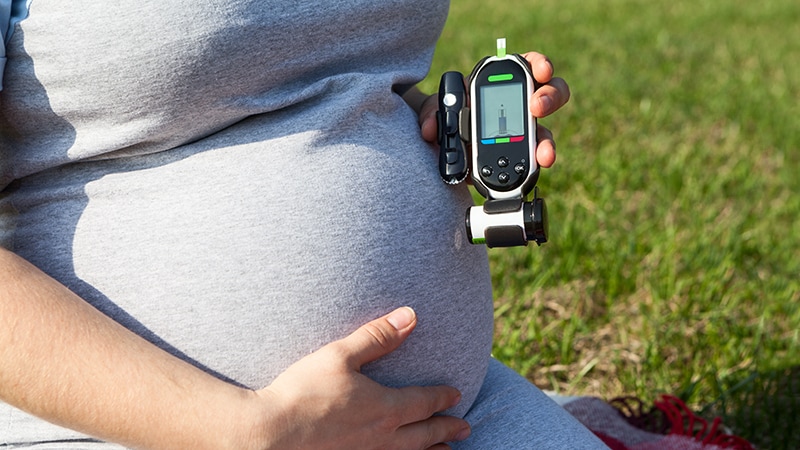Continuous Glucose Monitors Impact on Pregnant Patients with Diabetes
The study focused on the benefits of continuous subcutaneous insulin infusion pumps paired with continuous glucose monitors for pregnant patients with pregestational diabetes. The research analyzed data from 55 pregnant patients with pregestational diabetes, showing a reduction in maternal and neonatal morbidity with the use of these tools. The study set a benchmark blood glucose level of less than 140 mg/dL for optimal outcomes. While some experts express optimism about the benefits of these technologies, others remain skeptical, pointing out the need for further research and exploration of optimal blood sugar levels for improved outcomes in pregnant patients with diabetes.
Customize Summary
Rewrite with AI
Generate Citations
Translate Source
To Another Language
Generate MindMap
from source content
Visit Source
www.medscape.com
Continuous Glucose Monitors for Pregnant Patients?
Key Insights Distilled From
by Robert Fulto... at www.medscape.com 08-24-2023
https://www.medscape.com/viewarticle/995807
Deeper Inquiries
